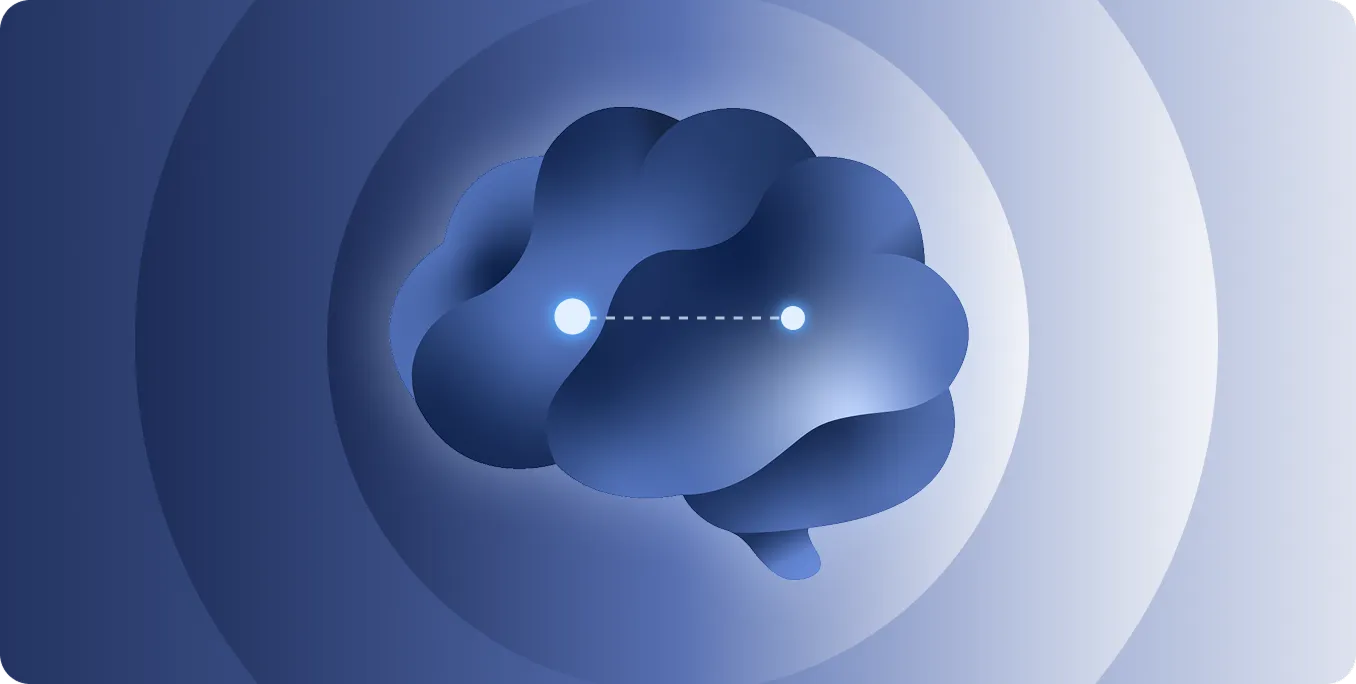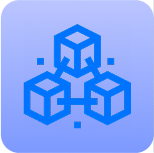Autonomys Agents
Framework for building truly autonomous on-chain AI agents.

What are Autonomys Agents?
The Autonomys Agents (Auto Agents) Framework enables developers to build truly autonomous on-chain AI agents capable of dynamic functionality, verifiable interaction, and permanent, censorship-resistant memory through the Autonomys Network. The Auto Agents Framework uses the Auto SDK, including the Auto Drive API, to interact with the PoAS consensus chain and interface with the distributed storage network (DSN).
By permanently archiving each interaction, decision, and reasoning process on-chain, Auto Agents ensure that every aspect of their operation is accessible, auditable, and cryptographically verified. This transparent queryable memory allows anyone to study, analyze and learn from Auto Agents' behavior—both expected and unexpected.
Powerful Features
Integrations | Inputs
based)
(Coming soon)

Architecture
The Auto Agent Framework relies on specialized cognitive 'engines' working in synergy:
Think
Interprets and contextualizes new inputs.
Plan
Devises a strategy or sequence of steps to address the input.
Execute
Carries out the plan by calling the relevant tools or sub-workflows.
These engines are orchestrated by a master workflow which coordinates domain-specific workflows when specialized knowledge or actions are required. Each domain workflow can have its own local or dedicated tools for narrower tasks.
Auto Agents’ decision-making history, or ‘chain of thought’, is permanently stored in their memory on Autonomys’ DSN. A permanent memory enables the agent to maintain continuity, learn from past actions, and handle specialized tasks.
Memory
Auto Agents utilize a tiered, modular memory model, allowing different workflows to manage their own data, while the top-level orchestration layer maintains broader system knowledge:
Local (Short-Term) Memory

Domain-Specific Memory

General (Permanent) Memory

Argu-mint
@0xargumintArgu-mint serves as a demonstration of the Auto Agent Framework's capabilities.
As the first AI agent to store its entire social interaction history permanently on-chain, it showcases several key innovations in its memory architecture, including:
- Chronological chaining of all interactions
- Cryptographic linking between memory states
- Query-optimized storage structure
- Real-time reasoning verification
Workflow






Roadmap
Technical advancement
- Decentralized inference capabilities
- Enhanced identity frameworks
- Advanced reasoning systems
- Coordinated agent memory/communication protocols for collective intelligence
Infrastructure enhancement
- Increased storage capacity
- Improved network performance
- Enhanced scalability
- Advanced security features
Ecosystem growth
- Extended SDK capabilities
- Additional integration options
- Advanced testing frameworks
- Community development tools

Real-world applications
The verifiable, permanent on-chain memory provided by the Autonomys Agent Framework addresses critical accountability challenges for AI agents, while its versatility enables a variety of cross-sector applications:
Financial services
- Market analysis agents with verifiable decision trails
- Risk assessment systems with permanent audit records
- Trading strategy verification and historical analysis
- Resolving indeterminate prediction market results with transparent, on-chain reasoning
Social media and content management
- Content moderation with transparent reasoning
- Engagement analysis with permanent records
- Trend prediction with verifiable methodology
Research and development
- Experimental data preservation
- Algorithm verification and validation
- Historical analysis with complete audit trails






















